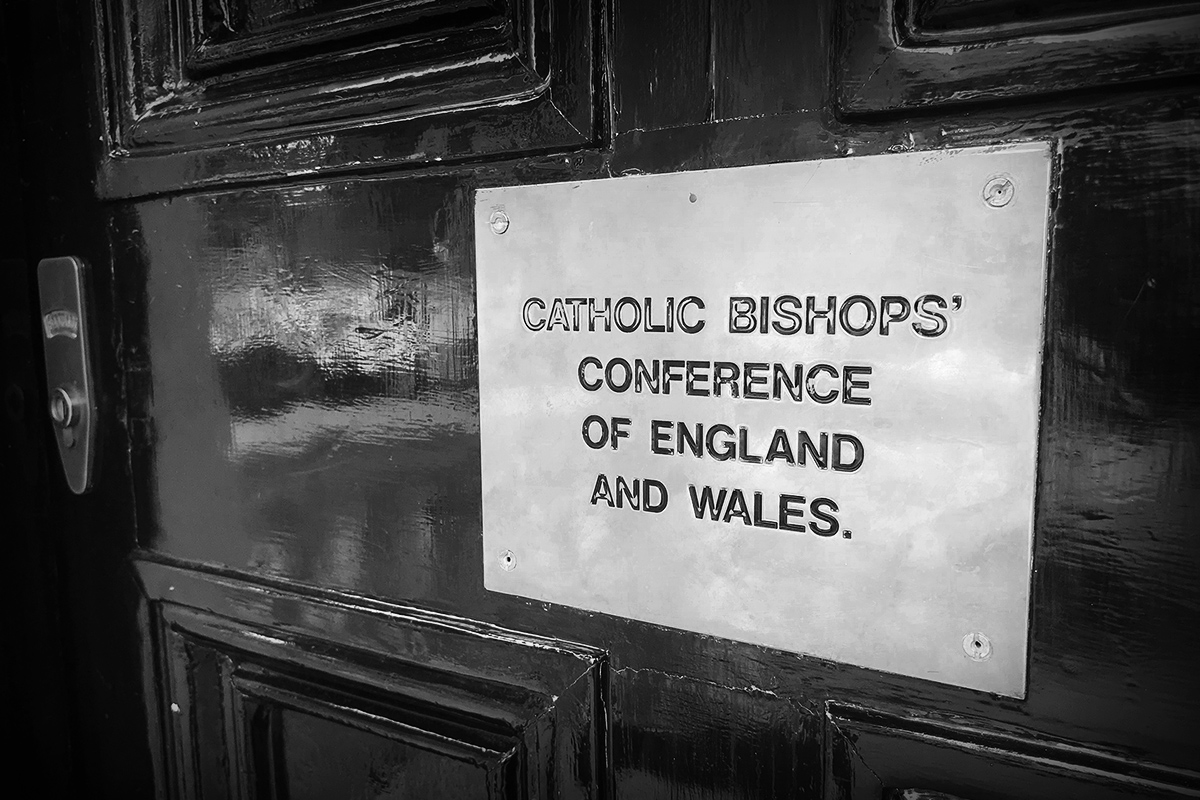
Cardinal Reinhard Marx, President of COMECE, the Commission of the Bishops’ Conferences of the EU, has made a statement following the EU referendum in the United Kingdom:
“Last Thursday, the majority of British voters cast their votes in a referendum in favour of a withdrawal of the United Kingdom from the European Union. This decision of the British voters should of course be respected, even if we, as COMECE, find it extremely regrettable.
“The European Union is a project of community and solidarity. A conscious withdrawal of a member is therefore painful and has consequences for all. The existing cultural and spiritual ties should be preserved, used and reinforced in the future. We know it: Europe goes beyond the European Union. The subsequent steps of the concrete negotiations on the withdrawal and its modalities require responsibility and the right sense of proportion from all parties concerned. The most helpless and the most easily vulnerable, in particular, may not be victims of this process, neither in the United Kingdom nor in the European Union.
“After this referendum, time has come for Europe to look ahead. The decision of the British electorate confronts the European Union and its Member States with questions about their goals and their tasks. The European Union needs a new departure. We need to ‘rethink’ Europe in some way. The deliberations on the future development of the European Union must therefore take place on a broad social basis. Europe and the EU are a task for all, because we will only be able to build a good future if the nations of Europe are united. It also raises the question on the way to achieve the “true European humanism” to which Pope Francis has encouraged the Europeans in his speech at the Charlemagne Prize Ceremony. The Church wants to contribute to this necessary debate on the future of Europe. In October 2017, COMECE will therefore organise a Congress on the occasion of the 60th anniversary of the Treaties of Rome in order to provide religious impulses for the debate on the future of the European Union.
“At the same time the European Union must not get stuck in the self-reflection. Whether together or side-by-side: The European peoples and nations have a moral responsibility towards the world, the poorer countries, the integrity of creation and the reduction of climate change. The rule of law and the prospect of a life in peace and a high standard of living make Europe a pole of attraction for many people. The EU must also meet this global responsibility under the changed political conditions.
“The increasing nationalism in some countries must not become again the trigger of ideological delimitation, hostility and discord. As Church, we will commit ourselves to this with full force.”